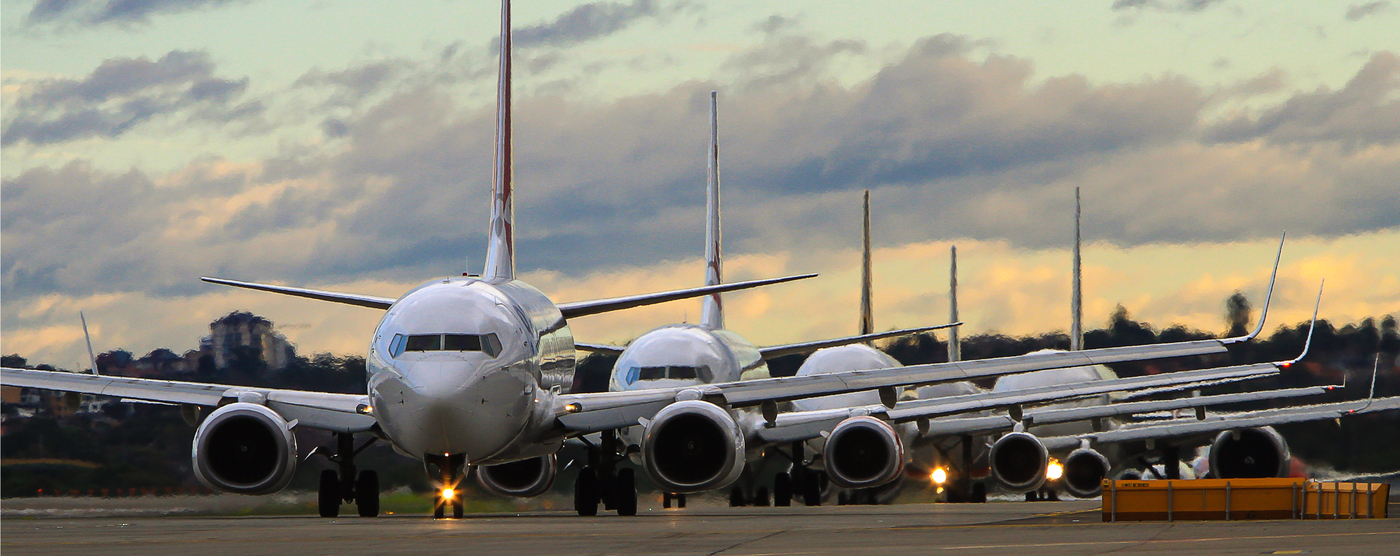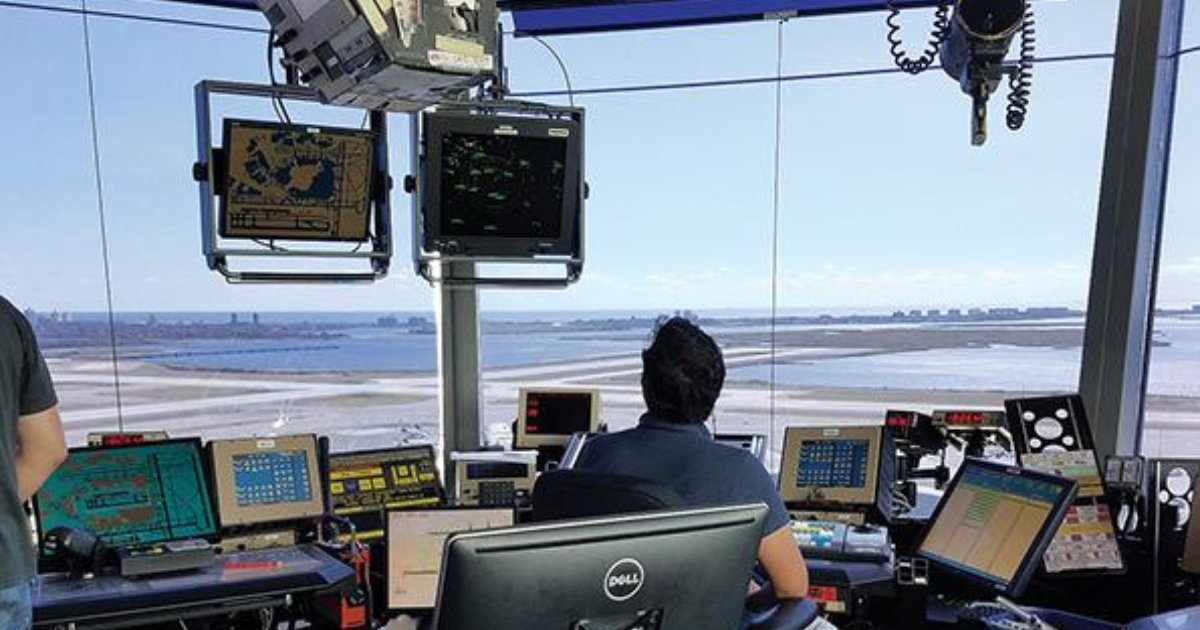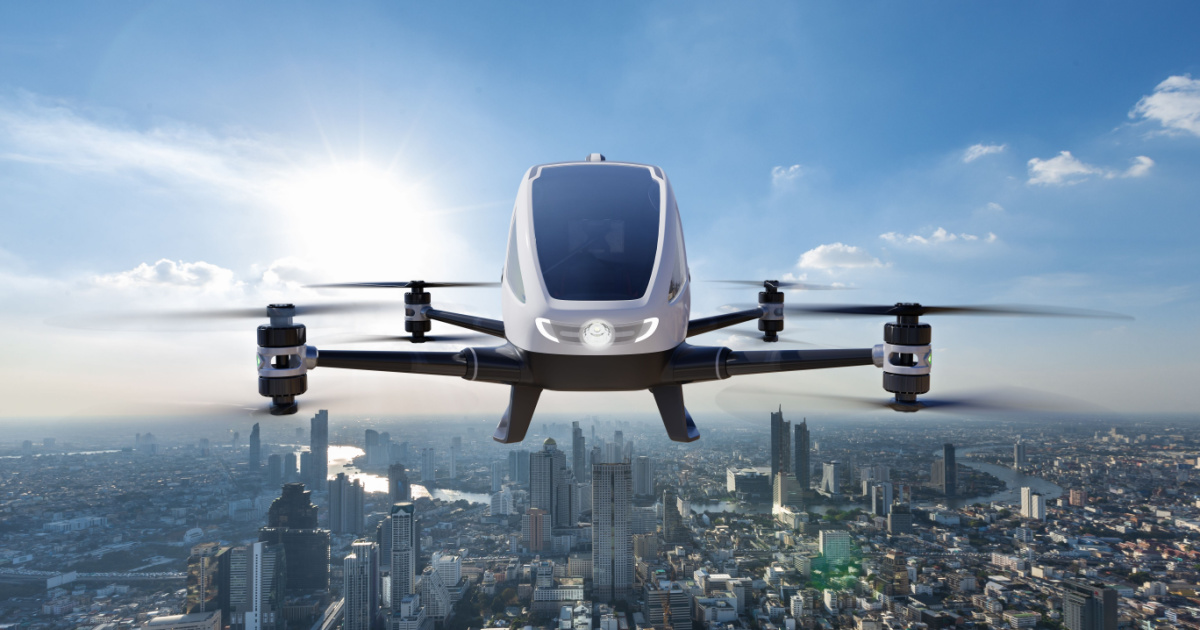New Aviation Technology Geared Toward Quieter and More Efficient Aircraft

At some point, you may have experienced the resonating sound of an airplane flying overhead, or, as a passenger, heard the rumble of a jet engine. If you haven’t noticed already, airplanes are getting quieter as new engine technology is making planes more efficient by reducing noise pollution, thus allowing for more eco-friendly flights.
Quieter skies/less pollution
Less noise in the air means less pollution overall. And we’re not just talking noise pollution. The Federal Aviation Administration (FAA) is taking measures in cooperation with the aviation community to not only control aircraft noise but engine emissions. Captain Pete Russo, PhD, aviation department chair and assistant professor of aviation at Vaughn College, weighed in on the topic. “Part of the modernization from ground-based technology to satellite-based technology allows aircraft to change flight patterns, making for a more direct and efficient path—reducing time, fuel and fuel burn,” Russo stated. He explained other aviation measures that are in effect at airports, including:
- Reducing transit traffic—Giving fewer planes clearance to fly at given times.
- Utilizing computer sequencing programs—Limiting noise and engine smoke is helped by allowing a fewer number of planes to sit on the runway with their engines running.
- Alternating departure and approach flight paths—Having flexible flight paths prevents planes from flying over the same air space, giving those on the ground who are in a flight path a break from overhead noise.
- Soundproofing nearby buildings—Vaughn College is just one example of how soundproofing buildings significantly is decreasing noise pollution for students and faculty. Situated adjacent to New York’s LaGuardia Airport, Vaughn underwent a three-year, $26 million grant-funded project to soundproof its buildings and classrooms.
Soaring advances
Russo stands optimistic as he’s seen firsthand how the aviation industry is leaning in the direction of “greener” flights. “Our engineering students at Vaughn are in the lab as we speak, designing 3D printed composite airplane parts,” said Russo. “Lighter parts and lighter engines allow for more efficient planes. I’m confident it won’t be long before we see electric-powered planes in our skies.”
Major airlines switching to quieter planes
According to a recent article published in the Times Ledger, American Airlines and Delta Air Lines are taking the initiative to reduce airplane noise over Queens, New York and LaGuardia Airport by discontinuing the use of the McDonnell Douglas MD-80s aircraft and opting to use “quieter and more fuel-efficient” planes. Once the biggest fleet in American Airlines history, the MD-80s will be replaced with the more fuel-efficient Airbus A319s, Airbus A320s, Boeing 737s, and a limited number of MD-90 airplanes as replacements. Russo explained how other carriers will most likely follow suit as older planes such as the MD80 are louder and less efficient.
Earth Day’s Mission
Although noise pollution is not something you can visually see, it is there nonetheless. This year’s Earth Day campaign theme is Environmental and Climate Literacy. Making airplanes more fuel-efficient goes hand in hand with Earth Day’s mission for protecting the environment from climate change and educating the public on protecting our planet.
Russo’s take
The movement to make airplanes lighter and more efficient is underway. Russo proudly said Vaughn is in the race to develop technology for a more Earth-friendly flight. “The ‘greening’ of airplanes will be a monumental change in the aviation industry,” Russo stated. “There’s no opposition?the momentum is unstoppable. At this rate, the sky’s the limit.”

